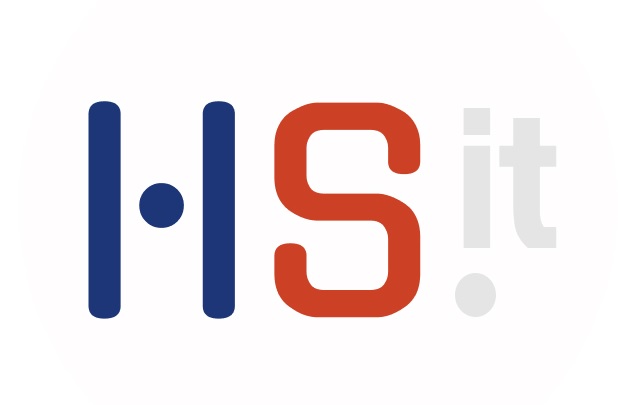Research and innovation activities for a new generation of researchers and professionals in Heritage Science. Heritage science is an interdisciplinary research area based on different disciplinary skills: humanities (archaeology, philosophy, philology, geography, art history), social sciences (economics, sociology), hard sciences (chemistry, physics, geology, mathematics), architecture, computer science and engineering. The research and innovation activities of the PhD in Heritage Science (PhD-HS) aim at improving understanding and interpretation, conservation and protection, management and sustainable use of tangible and intangible natural and cultural heritage. PhD-HS is built, with strong international connotations, on the models of national PhD already started, particularly the one in Sustainable Development and Climate Change. The coordination is of the Sapienza University of Rome. Universities contribute by coordinating and/or participating in one of the planned curricula (11 from archaeology to artificial intelligence, from art history to applied physics to the study of matter, and from museology to environmental sciences). In addition to the participation of public bodies (CNR – National Research Council and INFN – National Institute for Nuclear Physics), PhD-HS sees the involvement of institutions belonging to the Ministry of Culture to better link research to real needs and address current needs and future challenges. It will be compulsory for PhD students to take courses and conduct research abroad (secondment) for a period of not less than six months and a maximum of 12 months at universities, institutions, and cultural institutions, in particular in the laboratories and the Central and Peripheral Institutes of the Ministry of Education, Research and Cultural Institutions. PhD-HS aims to foster coordination, overcome the fragmentation of the higher education system in the field of research applied to cultural heritage and create a new generation of researchers and professionals working in the field, able to collaborate and compete in the context of the most prestigious European and international initiatives.
For this reason, PhD-HS provides for the mobility of PhD students and teachers between the different locations within the same curriculum and, when possible, between multiple curricula. European research infrastructures are the ideal place to train new generations in a highly interdisciplinary and excellence-driven environment. The use of the facilities of the research infrastructures by PhD students and their involvement in their activities will be promoted. The sector operates an ecosystem of research infrastructures recognised at the European and global levels and included in the ESFRI Roadmap (European Strategy Forum on Research Infrastructures), such as E-RIHS – European Research Infrastructure for Heritage Science, and DARIAH ERIC – Digital Research Infrastructure for the Arts and Humanities European Research Infrastructure Consortium.
The main PhD research topics will be:
-Analysis and management of cultural heritage
– Science and technologies for the architectural heritage
– Contemporary art
– The life of things. History of materials, technologies and production techniques, between archaeology, art and science
– Archives and libraries
– Knowledge, management and communication of multi-layered contexts
– Technologies for the diagnostics, monitoring and study of cultural heritage
– Digital transition for heritage
– Ecological and digital transition in the mitigation of anthropogenic and natural risks for the protection of cultural heritage
– History and global archaeology of landscapes
– Heritage, city, economy and society
CNR ISPC is involved with three scholarships on the following topics:
- Technologies for diagnostics, monitoring, and study of cultural heritage:
- Technologies for diagnostics, monitoring and study of cultural heritage:
- The life of things. History of materials, technologies and production techniques between archaeology, art and science:
Deadline for application: August 25, 2022
For further information, please see visit the website of UNIROMA1.

